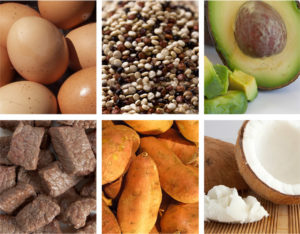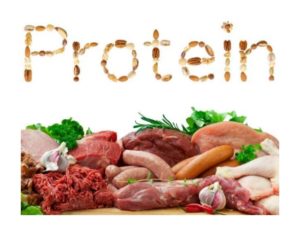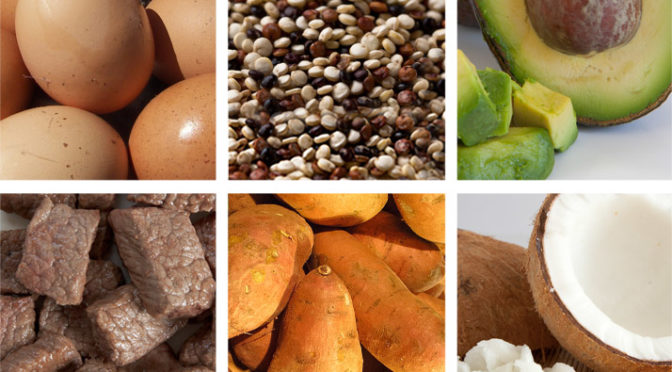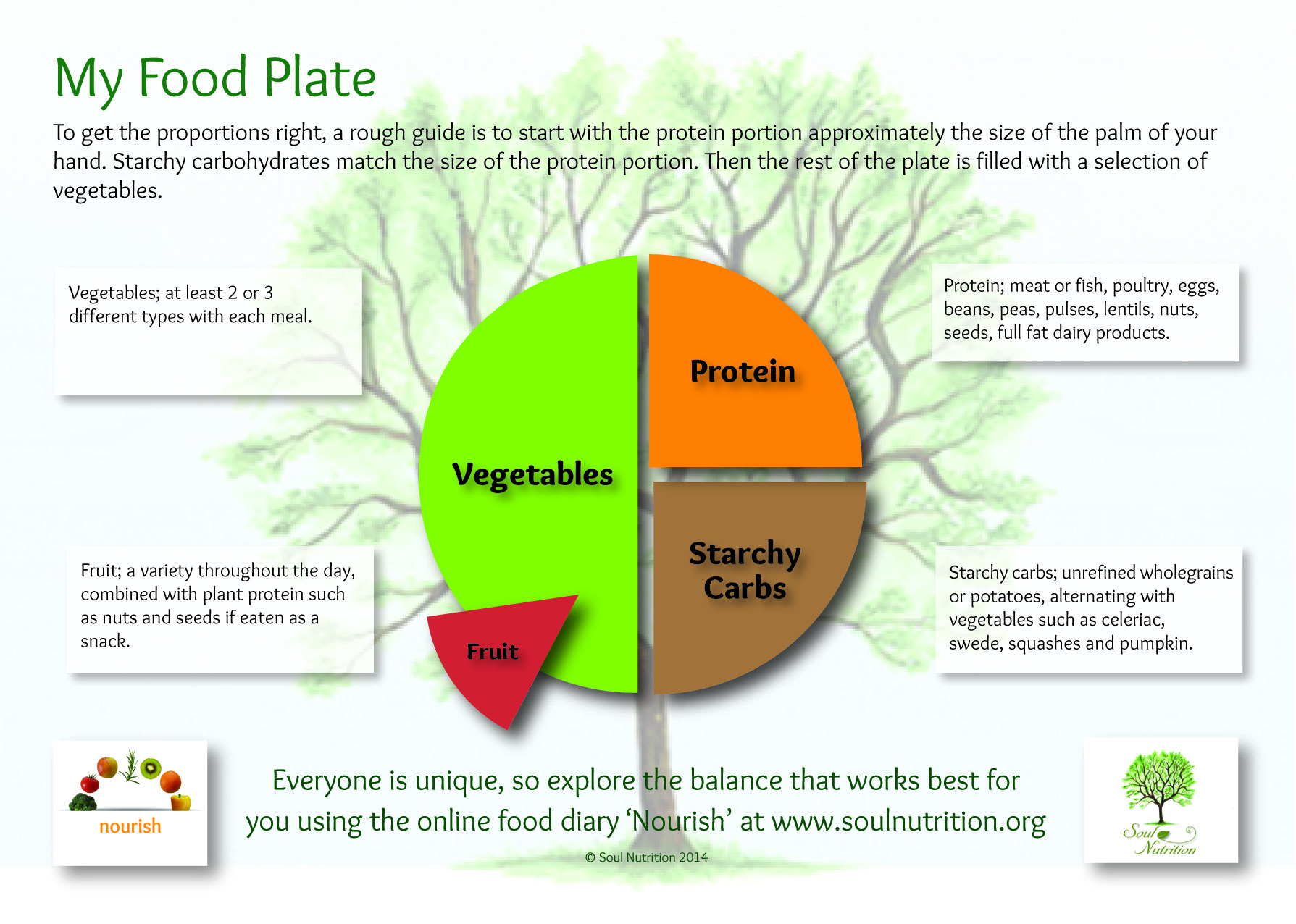Many people know very little, or nothing at all about nutrition. This 101 explains macro nutrients: the basic complement of the human diet.

You are what you eat! Having said that, nutrition should be the essential knowledge for every human being. However, it is surprising that only a few people have a good understanding of basic nutritional information. What’s more, many people do not have even the very basic nutritional knowledge. This 101 guide intends to impart the very basic nutrition knowledge.
Macro nutrients are defined as the major components of human diet used for energy. However, providing energy is not the only function of macro nutrient. They also contain essential amino acids used for body repair and growth. There are three macro nutrients: carbohydrates, proteins, and fats.
Carbohydrates

Carbohydrates are the preferred source of energy for humans. We get carbohydrates from bread, cereals, fruits, and sugar etc. Each gram of carbohydrates contains 4 calories. Like all other macro nutrients, carbohydrates contain micro nutrients like vitamins and minerals in small quantities. Carbohydrates that contain nutrition like vitamins and minerals are considered healthy while the carbohydrates that contain few or no nutrition are considered unhealthy and are categorized as junk food.
Proteins

Protein is another very important macro nutrient. One basic feature that sets proteins apart from other macro nutrients is its role in the growth and repair of the body. The protein contains amino acids that are necessary for repairing body cells. It is not only the injuries when our body needs to repair cells, but our body needs to repair cells continuously. So, we need to take adequate quantities of protein on a daily basis. The protein that is not used for body repair can be used as an energy source. Each gram of protein contains 4 calories.
Fats

Fats are another energy source for our body. In addition, it is necessary for protecting some body organs, and it contains some essential vitamins and minerals as well. Each gram of fat contains 9 calories. Fat is unessential part of our diet. However, the fact that it contains a large number of calories, taking more than required fat may result in obesity.





